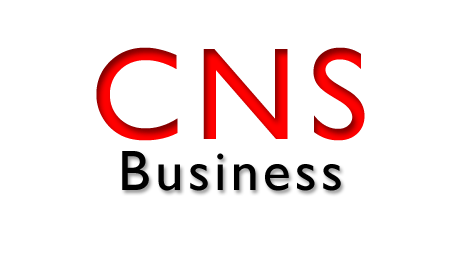COLLEGE PARK – One of the three applicants bidding for Maryland’s sixth casino in Prince George’s County has said it would give more money in slot machine tax to the state than its competitors.
Greenwood Racing Inc.’s proposed project, Parx Casino Hotel and Spa, would give 67 percent of its revenue from slot machines back to the state, according to a public presentation given to the Video Lottery Facility Location Commission earlier this year. That’s 5 percent more than MGM International and Penn National Gaming Inc., who both proposed giving 62 percent.
The difference would generate $30 million more annually for the state than the other bidders and $450 million more over the life of the license, said Greenwood Racing’s chief executive officer and treasurer, Anthony Ricci.
The Prince George’s County facility is required to give the state a minimum of 62 percent of their slot machine revenue, which is one of the highest rates in the nation. Greenwood Racing, in an attempt to win the bid, is offering an even higher rate.
Experts said that high gaming tax rates could prevent a casino from remaining competitive with other casinos in the region, limiting their ability to attract customers, and make a profit.
Will E. Cummings, a principal economist with Cummings Associates who did an evaluation of the applicants’ proposals, stated in a report presented to the commission last week that the new casino would have one of the highest effective slot machine tax rates in the country.
“With high tax rates, only modest investments in new and improved facilities can earn a reasonable return,” his report stated.
Joseph V. Kennedy, former chief economist for the U.S. Department of Commerce, said that when the gaming tax rate in a given market is higher, a casino will lower the odds of certain games of chance in order to turn a profit. And though many people just go for the experience and do not pay close attention to the odds, a lot of gamblers know what the odds are, he said.
“The state would like to charge a high tax rate because it would like to gain more revenue, but there’s also competition,” Kennedy said. “A lot of gamblers are going to go to West Virginia or Pennsylvania.”
According to the American Gaming Association, New York, Delaware and West Virginia operators keep 34.9, 43.8, and 47.1 percent of their revenue respectively. Pennsylvania has a 55 percent tax on slot machines and New Jersey has an 8 percent tax on their gross gaming revenue, according to the association.
Gaming facilities in the Northeast don’t perform as well as others nationally because the tax rates are higher, according to Cummings’ report.
Experts said that the high tax rate could affect how much money a casino can invest in marketing and promotion, which is important in today’s competitive environment.
Parx’s developers said they feel comfortable with their ability to turn a profit with the proposed tax rate, said Leigh Williams, Esq., Parx’s media and public affairs consultant.
Their Pennsylvania location, Parx Casino, currently competes with 11 other facilities, while they would only compete against five others in Maryland if they were awarded the license, she said.
Ricci said that Greenwood Racing already operates under a high tax environment in Pennsylvania and has been very successful. Their casino near Philadelphia is the highest revenue-generating casino in the state, according to the Parx project’s website.
Williams said that Parx officials would never attempt to renegotiate their tax rate, if they were awarded the license.
“I think that it’s sad. I think it’s completely disrespectful to the process,” she said.
There is no guarantee that they would get it anyway, Ricci said.
Ricci said that MGM would in fact have a harder time adjusting to the high tax rate because their company is used to operating in environments with lower rates, such as Las Vegas.
“That is a big problem for MGM because they will be in a different world,” he said.
MGM officials declined to comment.

